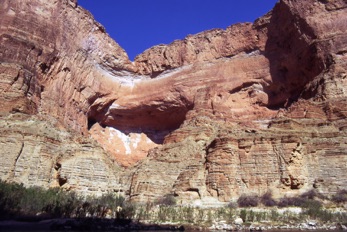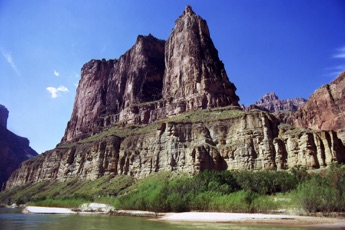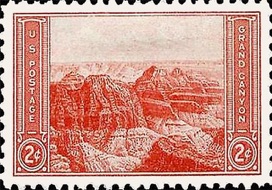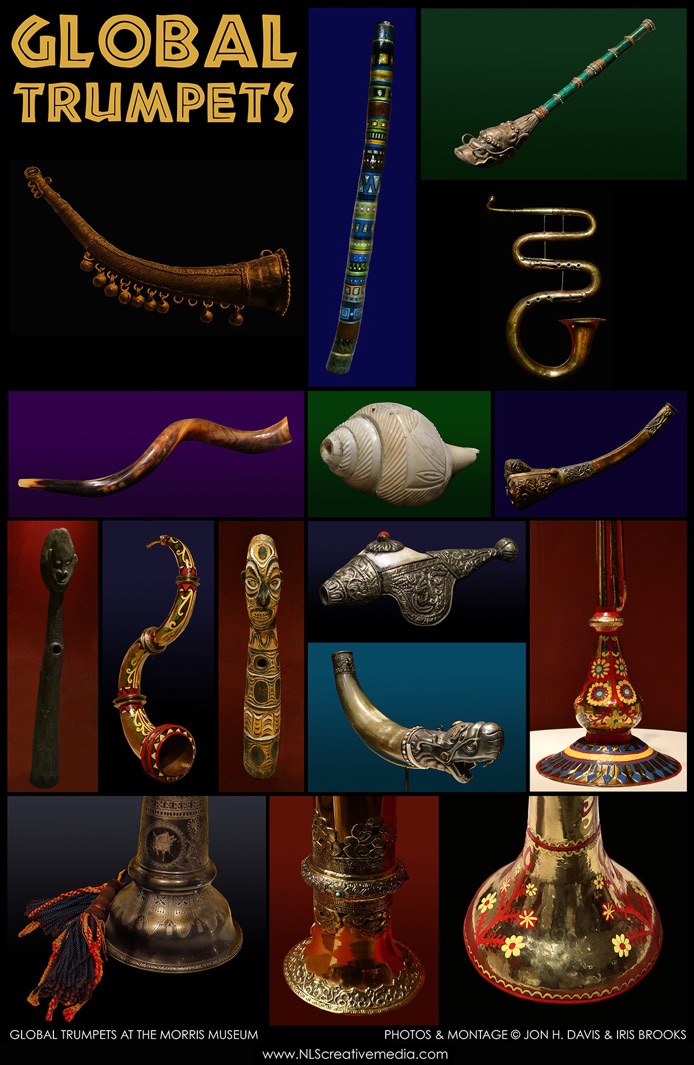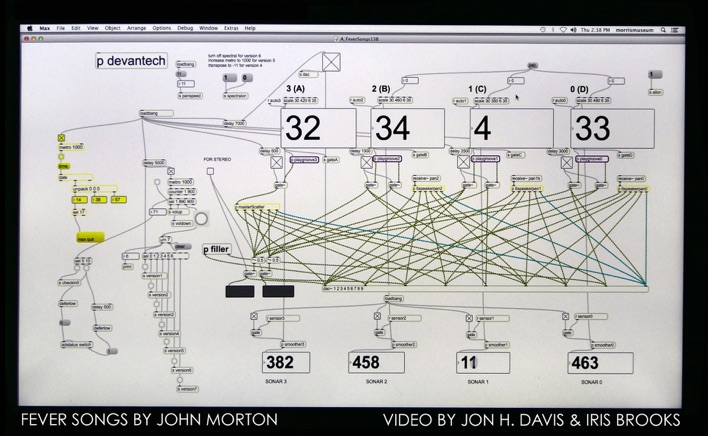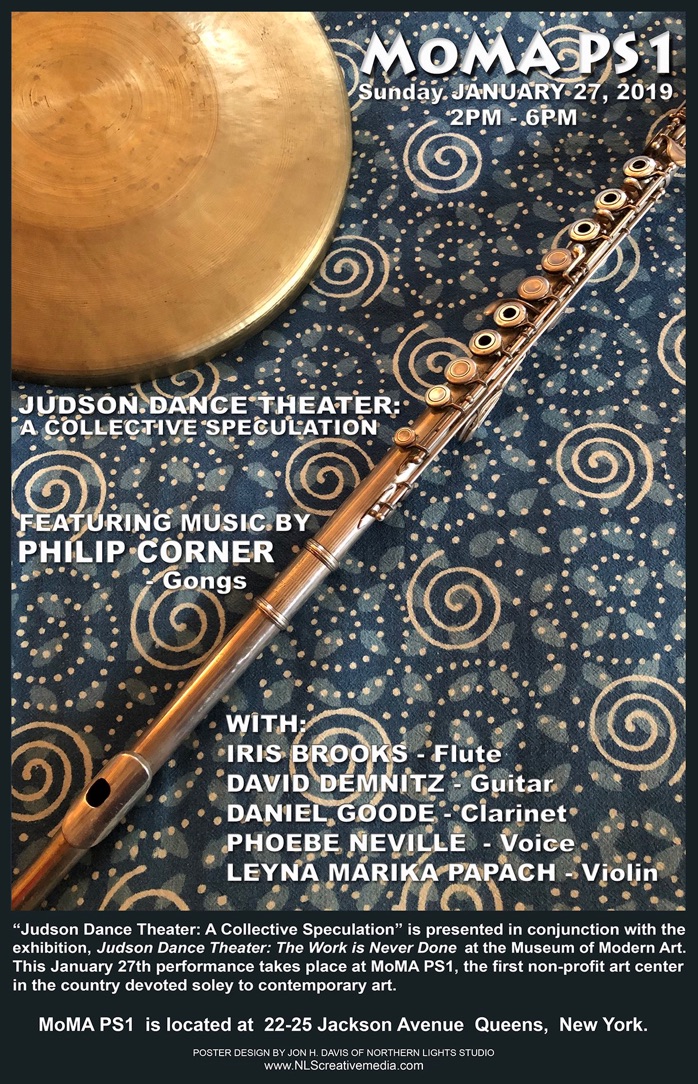
EVENTS 2019
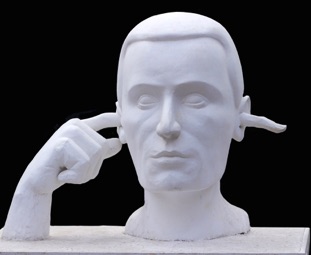
RETURN
JANUARY
ARTICLE AND PHOTOGRAPHS
“LISTENING: MUSINGS AT THE MORRIS MUSEUM”
By Iris Brooks
Photographs by Jon H. Davis and Iris Brooks
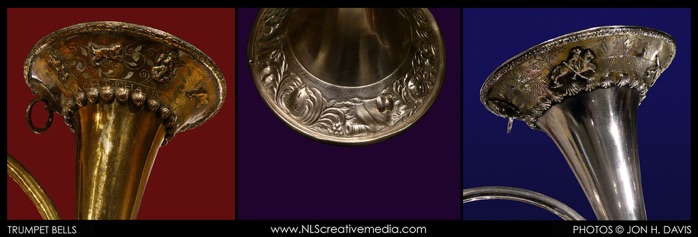
“If speaking is silver, then listening is gold.”
-Turkish Proverb
Is listening a lost art?
Sensory bombardment sometimes obscures
a quality listening experience.
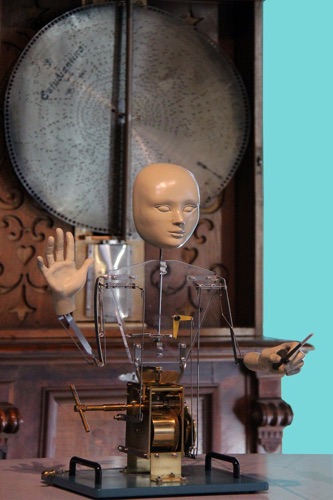
This is on my mind while visiting three music exhibits at the Morris Museum in Morristown, New Jersey. Particularly striking is the audio installation by John Morton, incorporating vocal sounds of the human ecstatic experience from many lands.
SCULPTURE IN VALLETTA, MALTA PHOTO © JON H. DAVIS
AUTOMATON AT MORRIS MUSEUM PHOTO © IRIS BROOKS
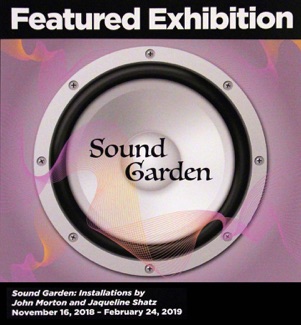
To Read the Full Article Accompanied by Original Photos
CLICK THE IMAGE BELOW.
EVENT ARCHIVES 2018
To See the Video FEVER SONGS, CLICK THE IMAGE BELOW
CONCERT
“JUDSON DANCE THEATER:
A COLLECTIVE SPECULATION”
MoMA PS1
22-25 Jackson Ave.
Queens, New York
Sunday, January 27, 2-6 PM
Featuring Live Music By Philip Corner - Gongs
With
Iris Brooks - Flute
David Demnitz - Guitar
Daniel Goode - Clarinet
Phoebe Neville - Voice
Leyna Marika Papach - Violin
Philip Corner will be returning from Italy, where he resides, for this New York performance, which is taking place 35 years after he composed, Gamelan Iris. This concert of music by Philip Corner will feature his Lovely Music and Om Entrance along with a symposium honoring the historic Judson Dance Theater movement.
MoMA PS1 is the first non-profit arts center in the country devoted solely to contemporary art and is an affiliate of The Museum of Modern Art. The concert and symposium, “Judson Dance Theater: A Collective Speculation” is organized in conjunction with the MoMA exhibit, Judson Dance Theater: The Work is Never Done through February 3 at their main venue (11 West 53rd St. in Manhattan).
CLICK POSTER for More Information and Tickets.

FEBRUARY
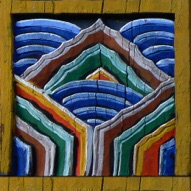
Celebrating Losar, or the new year in Tibet, Bhutan, Nepal, and parts of northern India takes place annually and this seasonal festival is an opportunity to rid oneself of the old, and welcome the new. The sacred holiday pays tribute to wisdom and compassion. This year the ceremonies–coordinating with the first new moon on the Tibetan calendar–occur in early February 2019. It is the Year of the Earth Pig, symbolizing good fortune, and while the festival originally began with farmers, the scope of the Buddhist celebration has expanded.
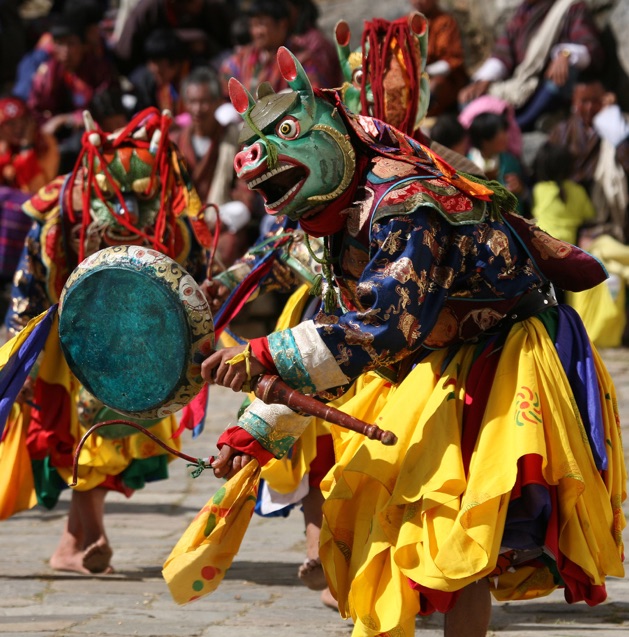
Losar is a time to clean one’s house of unneeded items, offer incense to local spirits, and place water on the altar to ensure a good harvest. In a purification ritual, lamps are lit, a torch is used to get rid of the old (physical), and firecrackers are set off to chase away evil (metaphysical), monsters, and bad luck. Colorful prayer flags are changed and some monks create large yak butter sculptures known as tsepdro. Others celebrate the festive occasion with games of darts and archery or by singing and dancing to dispel negative forces.
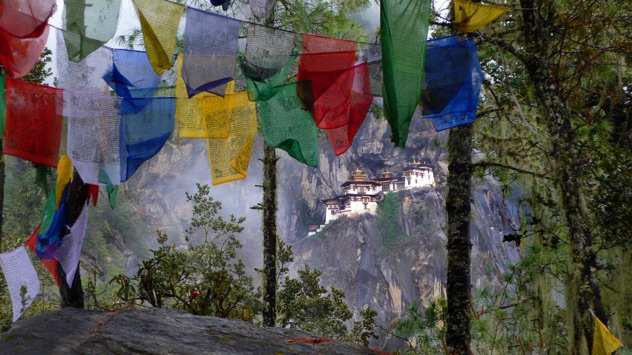
Traditional roasted barley cereal, tsampa is eaten for breakfast. Other holiday foods are guthuk noodles made from nine ingredients such as mandarin oranges, dried cheese, and green bananas. Dough balls or dumplings can be tasty treats, but they have hidden treasures inside at this time, some of which are meant to be humorous, such as a chili pepper representing talking too much. A white item inside, such as salt or rice is symbolic of being a good person and having luck for the coming year, while black coal inside the dough refers to a black heart.

In China, where red is the preferred color for dress and decorations for their new year (coinciding with the new moon), food also has special meanings. In southern China, spring rolls are eaten to usher in the spring. Chinese dumplings also have significance during their new year festival, in which eating them is said to send away the old and welcome the new. If you eat the dumpling with the coin inside, it ensures good luck for the year. And rice cakes are consumed with the belief that the new year will be better than the previous one. The Chinese New Year, also related to their Spring Festival, is celebrated with lantern statues, lion dances, and parades. It is a time many Chinese journey home to celebrate with their families.
-Iris Brooks
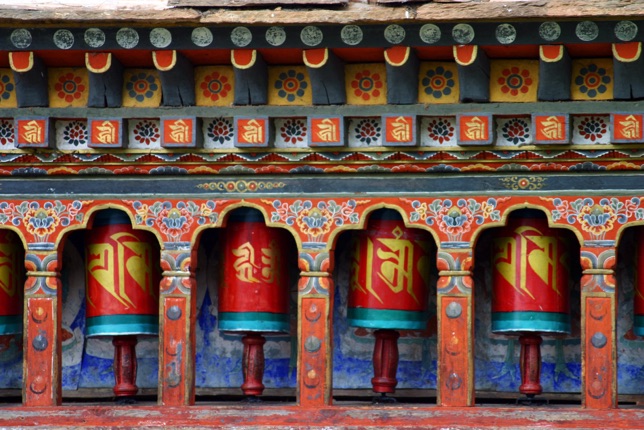
ALL PHOTOS FROM BHUTAN © JON H. DAVIS & IRIS BROOKS

CONCERT REHEARSAL
SOHO, NEW YORK
“Before the Dome at MoMA PS1”
Photo Montage By Jon H. Davis
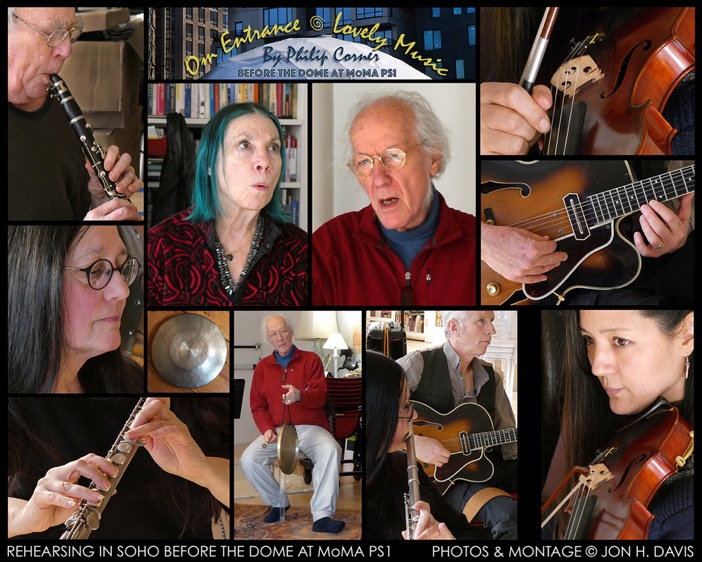
MUSICIANS: Philip Corner - Composer, Gong, and Voice
Iris Brooks - Flute
David Demnitz - Electric Guitar
Daniel Goode - Clarinet
Phoebe Neville - Voice and Gong
Leyna Marika Papach - Violin
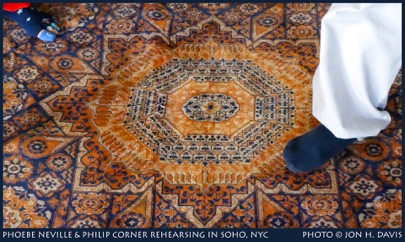
VALENTINE’S DAY
CELEBRATING THE DAY OF THE HEART
WITH LOVE POETRY BY PETRARCH,
Italian Renaissance Poet & Father of Humanism
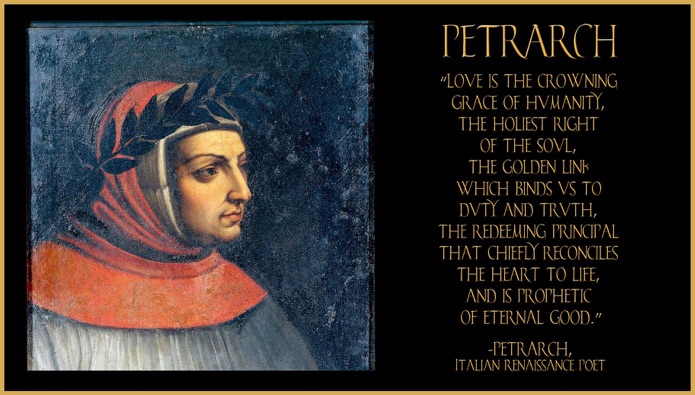
MARCH
GRAND CANYON NATIONAL PARK
“THE CENTENNIAL”
Article By Iris Brooks
Photographs by Jon H. Davis
“In the Grand Canyon, Arizona has a natural wonder
which is in kind absolutely unparalleled
throughout the rest of the world.”
-Theodore Roosevelt
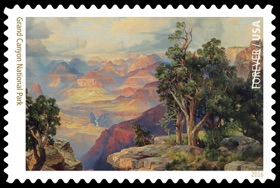
Mail delivered by mule? This is not a scene from a movie, but a reality along the 277-mile long Grand Canyon, which has one of the last mail-by-mule routes. In addition to postcards and letters, the mule service delivers food, medicine, and small appliances in loads of up to 200 pounds. This is not the only connection of the post office with the Grand Canyon. The U.S. Postal system–which has honored the Grand Canyon in 1919, 1934, 1969, and 2012–issued a stamp featuring a painting of the Grand Canyon by Thomas Moran (1837-1926) when the National Park Service turned 100 in 2016. Now, the park itself is 100 years old.
The Grand Canyon National Park, an icon of America in Arizona and a UNESCO World Heritage Site, has just turned 100. The splendor of the Grand Canyon has left multitudes (about 6 million annually) in awe of its natural and majestic beauty on a truly grand scale. It’s a place to hike and raft or ride a mule, train, or plane for scenic panoramic views, with rocks on its floor dating back 2 million years.
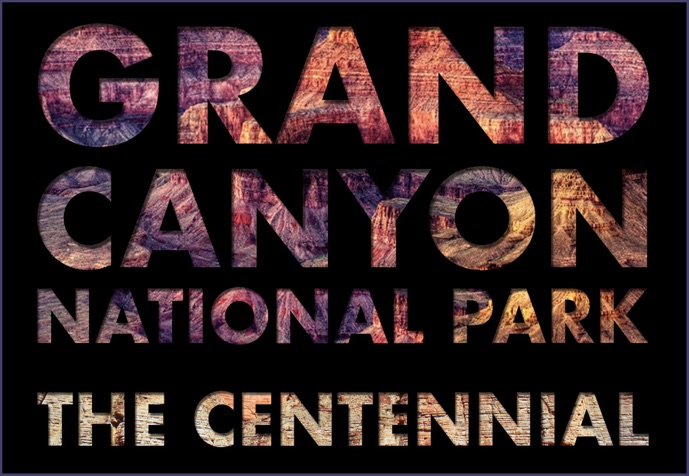
Before the Grand Canyon was on everyone’s bucket list, U.S. President Woodrow Wilson signed a bill proclaiming it a National Park without much fanfare. That has changed today as many gatherings are scheduled throughout the year to commemorate this important anniversary with conferences, concerts, and ceremonies. Others programs involve map-based storytelling, stargazing, historic homages, and cultural demonstrations featuring the diversity of the area with Native American heritage days.
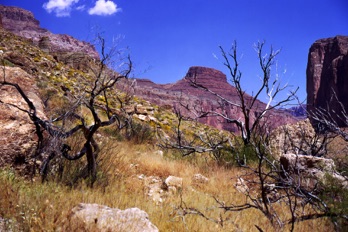
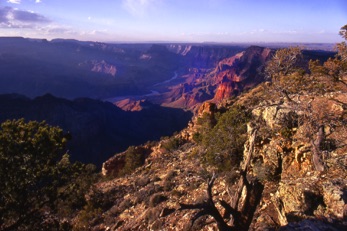
And without any special events, the rock formations are staggering and the wildlife in the park is in full force with over 355 bird species, 89 types of mammals, 47 reptiles, 9 amphibians, and 17 species of fish. Naturalist John Muir, known as the “Father of the National Parks,” reminds us not to get bogged down in the separate details of nature. “When we try to pick out anything by itself, we find it hitched to everything else in the Universe.”
-Iris Brooks
